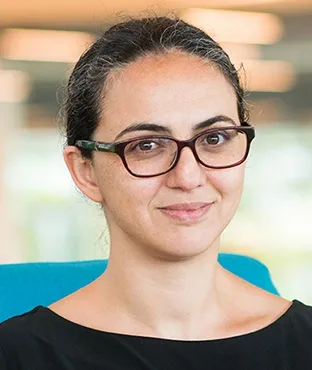Project overview
KEE Funded Project
Plans for developing and implementing green initiatives, such as efforts in decarbonisation and resource allocation models, are topics of debate and concern for young people across the globe. However, in England and Wales the curriculum for mathematics at Key Stages 3-4 does not adequately provide the mathematical skills required for students to engage in these topics in a practical way. This leaves students ill-prepared to use artificial intelligence tools to address these concerns in the classroom.
As the prevalence of easily accessible artificial intelligence models and frameworks will increase in time and play a more involved part of the lives of young people and their education, it is a matter of vital importance that these young people should be able to suitably engage with these tools in matters that will most concern them.
The purpose of this project is to create an educational framework for the methodologies and techniques of strategic optimization using artificial intelligence for green initiatives as a supplement to the current curriculum offered.
Working with our educational partners, we shall first create a translation of advanced mathematical techniques used when working with artificial intelligence tools such that they can be understood by young people aged 12-16. To further ground understanding, this translation will be presented in the context of green optimization strategies. The translation will be developed for presentation using the pedagogical approaches that are most familiar to young students. The form of this translation will be a system of lesson plans, workshop materials, and ancillary activities such that they could be delivered by mathematics teachers in situ.
Plans for developing and implementing green initiatives, such as efforts in decarbonisation and resource allocation models, are topics of debate and concern for young people across the globe. However, in England and Wales the curriculum for mathematics at Key Stages 3-4 does not adequately provide the mathematical skills required for students to engage in these topics in a practical way. This leaves students ill-prepared to use artificial intelligence tools to address these concerns in the classroom.
As the prevalence of easily accessible artificial intelligence models and frameworks will increase in time and play a more involved part of the lives of young people and their education, it is a matter of vital importance that these young people should be able to suitably engage with these tools in matters that will most concern them.
The purpose of this project is to create an educational framework for the methodologies and techniques of strategic optimization using artificial intelligence for green initiatives as a supplement to the current curriculum offered.
Working with our educational partners, we shall first create a translation of advanced mathematical techniques used when working with artificial intelligence tools such that they can be understood by young people aged 12-16. To further ground understanding, this translation will be presented in the context of green optimization strategies. The translation will be developed for presentation using the pedagogical approaches that are most familiar to young students. The form of this translation will be a system of lesson plans, workshop materials, and ancillary activities such that they could be delivered by mathematics teachers in situ.

